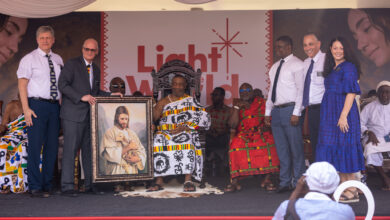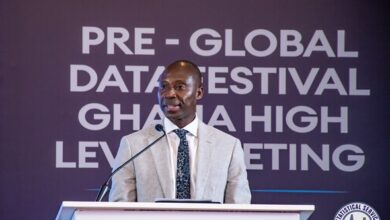Denmark, UNDP Renew $4.6m Pact to Boost Peace, Economic Opportunities in West Africa’s Atlantic Corridor
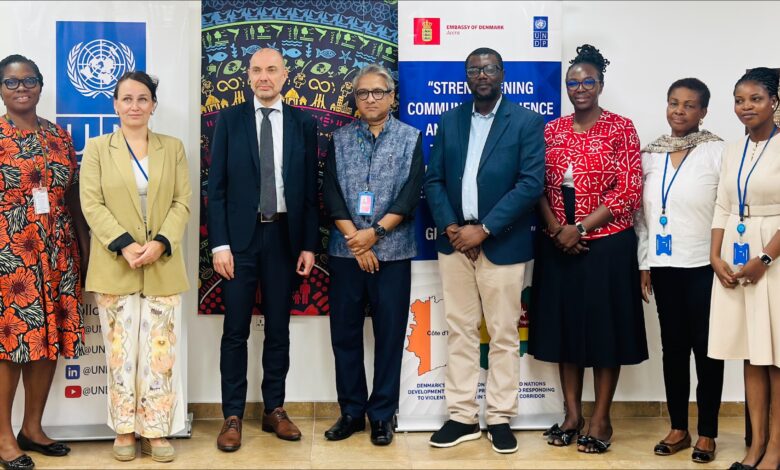
Ghana and its West African neighbours are set to benefit from new Danish funding aimed at strengthening peace and economic resilience along the Atlantic Corridor, a vital trade and transport zone connecting Benin, Côte d’Ivoire, Ghana, and Togo.
The Embassy of Denmark in Accra and the United Nations Development Programme (UNDP) have signed a new agreement to launch Phase II of the “Preventing and Responding to Violent Extremism in the Atlantic Corridor” project. Denmark is contributing DKK 30 million (about USD 4.6 million) toward the initiative, which will run from 2025 to 2028.
For many border communities where trade, farming, and fishing are the main sources of income, instability has often meant economic hardship. The renewed partnership aims to change that by tackling the root causes of violent extremism such as youth unemployment, inequality, and weak local governance while boosting livelihoods and community safety.
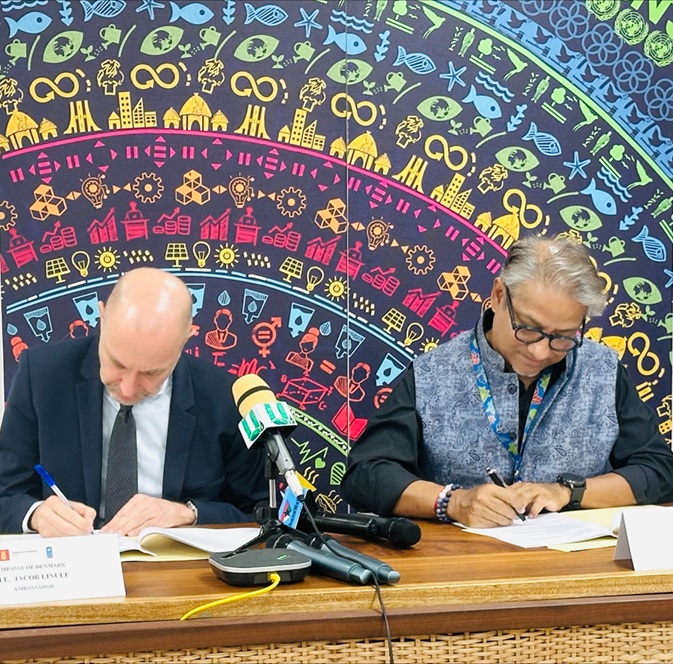
UNDP Resident Representative Niloy Banerjee said the collaboration will not only promote peace but also sustain jobs. “By creating opportunities and building community resilience, we are addressing insecurity from the ground up,” he said.
Denmark’s Ambassador to Ghana, Jakob Linulf, noted that stability in West Africa is essential for regional growth and global trade. “Instability and terrorism are common challenges for Africa and Europe. Our partnership with UNDP is part of Denmark’s wider engagement for peace and stabilisation in West Africa,” he said.
The new phase builds on the success of the first, which helped establish 50 community-level conflict early warning systems and trained nearly 1,700 at-risk youth and women in livelihood skills. Awareness of violent extremism prevention among local populations rose from 23% to 97% during the first phase.
For ordinary citizens, these numbers translate into safer markets, steadier incomes, and stronger local economies. A mid-term evaluation by Denmark’s Ministry of Foreign Affairs described the project as a model for scaling up community-driven development.
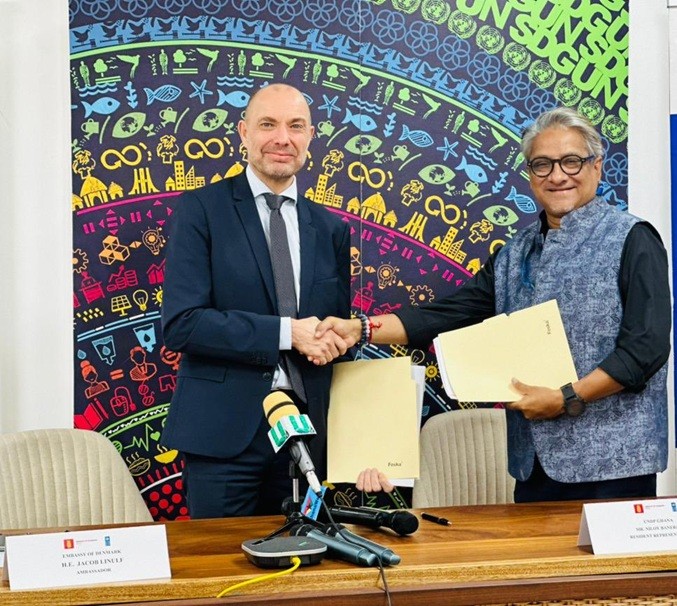
Phase II will focus on expanding local entrepreneurship programmes, improving regional coordination, and supporting peace structures at both national and grassroots levels.
By tying peacebuilding to job creation, Denmark and UNDP are helping communities view security not just as an absence of violence but as a foundation for business, trade, and daily livelihoods, the kind of peace that matters in homes and marketplaces across the region.

